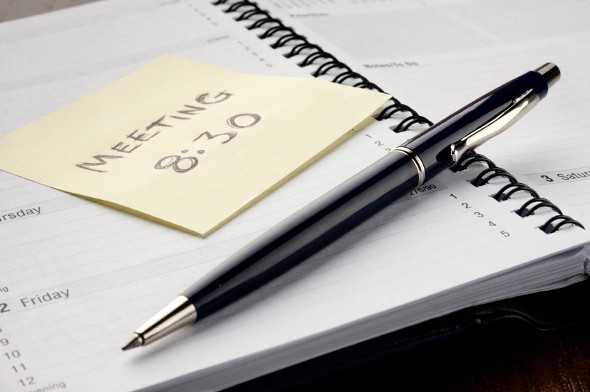When you have a mortgage, a hefty portion of each monthly loan payment goes toward interest. You might be tempted to make minimum payments toward your home loan so that you can use the rest of the money in your bank account to cover other costs. But paying off your mortgage early can save you quite a bit of money over the life of your loan.
On a 30-year fixed-rate mortgage loan of $250,000 with a low interest rate of 4%, you will pay $179,673.77 in interest over the course of your loan. That means it will cost you a grand total of $429,673.77 to repay the $250,000 you initially borrowed. See for yourself with our mortgage calculator, which helps you calculate how a variety of different factors can influence the size of your monthly mortgage payment.
You don’t have to give all that extra money to your mortgage lender, though. In fact, you can dramatically reduce your amount of interest by taking some simple steps to paying your loan off early.
How to Pay Off Your Mortgage Faster
The easiest way to pay off your mortgage loan more quickly is to increase the amount you send your mortgage lender each month. Bumping your payment up to just $50 or $100 more can reduce the life of your loan and the amount of interest you’ll pay.
Bankrate suggests paying enough each month to add up to one extra mortgage payment a year. To do this, divide your monthly payment by 12, and then add that total to each of your mortgage checks. Once the year ends, you’ll have paid the equivalent of 13, not 12, mortgage payments. Make sure that your extra money is applied directly to your loan’s principal balance, not its interest.
The Payday Payment Schedule

Mortgage giant Wells Fargo offers another tip for paying your mortgage loan off early: You can change your loan payment schedule to one that matches your company’s paydays. This works if you’re paid every week, or 52 times a year.
Under this type of payment plan, you’d switch to paying a quarter of your monthly mortgage payment every week. This won’t seem like any more money, but by the end of the year — because you’re paying per week, not per month — you’ll have made four more quarter-payments (or one more full payment) than you would have made on a monthly schedule.
Refinance to a Shorter Term
If you hold a 30-year fixed-rate mortgage loan, refinancing to a shorter-term 15-year fixed-rate loan could be a big help in reducing your total interest.
Remember that 30-year fixed-rate loan with an interest rate of 4%? As we calculated, that loan would cost you more than $179,000 in interest if you held onto it for its full 30-year life. Refinancing to a $250,000 15-year fixed-rate loan, with that same interest rate of 4%, would generate $82,859.57 in interest over the life of the loan. That’s more than a $96,000 difference.
Do You Really Want to Pay Off That Loan?

There’s no debating that you’ll save a lot of money in interest by paying off your mortgage loan early. You’ll also be free of that large monthly mortgage payment, though you’ll still have to pay for homeowners insurance and property taxes.
But there are times when paying off a mortgage loan doesn’t make financial sense. Homeowners need to make sure they’re not putting so much money toward their mortgage loans that they don’t have enough free cash to pay down other bills or save for retirement. Remember, too, that some debt — such as credit-card debt — comes with higher interest rates than your mortgage has. It might be wise to concentrate on eliminating that debt before you worry about paying off your home loan early.
However, if you do have the extra money and you’re not burdened by high-interest-rate debt from other sources, it might be time to take another look at your monthly payments. Achieving the balance that’s right for you and paying off your mortgage loan early could wind up being a financially savvy move.
If you’re not sure how paying off your mortgage early aligns with your overall financial plan, consider talking to a financial advisor before you make the decision to refinance. A financial advisor can look at your full financial picture and help you determine your long-term goals. The SmartAdvisor matching tool can help you find a person to work with to meet your needs. First you’ll answer a series of questions about your situation and goals. Then the program will narrow down your options from thousands of advisors to three fiduciaries who suit your needs. You can then read their profiles to learn more about them, interview them on the phone or in person and choose who to work with in the future. This allows you to find a good fit while the program does much of the hard work for you.
Photo credit: ©iStock.com/killerb10, ©iStock.com/Thomas_EyeDesign, ©iStock.com/vadimguzhva
